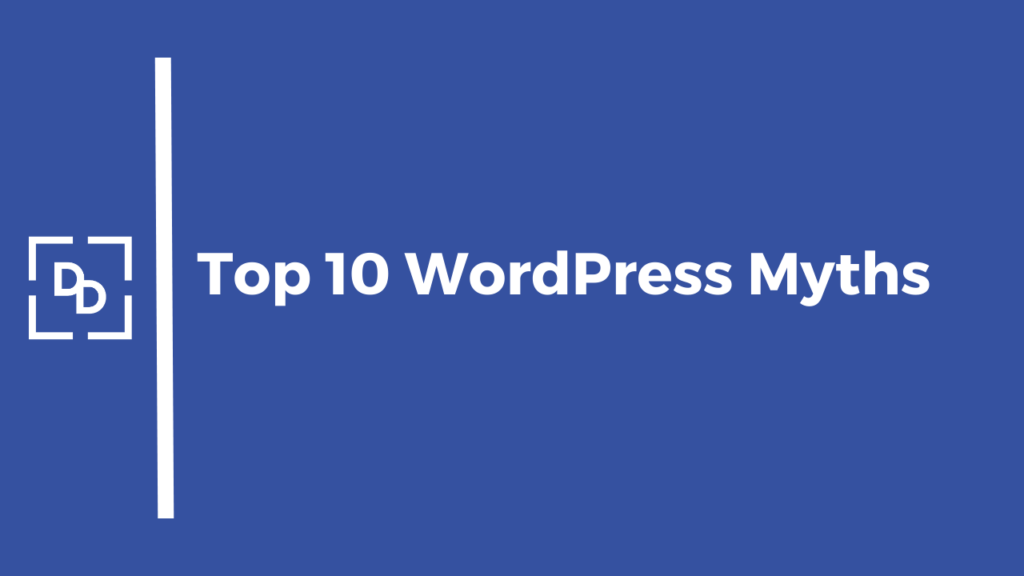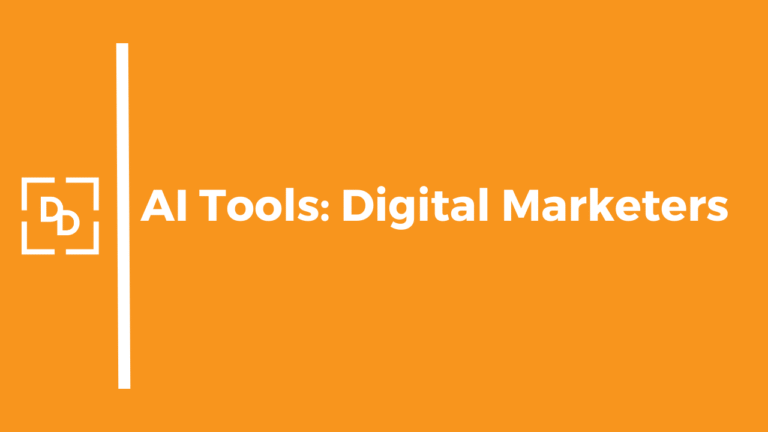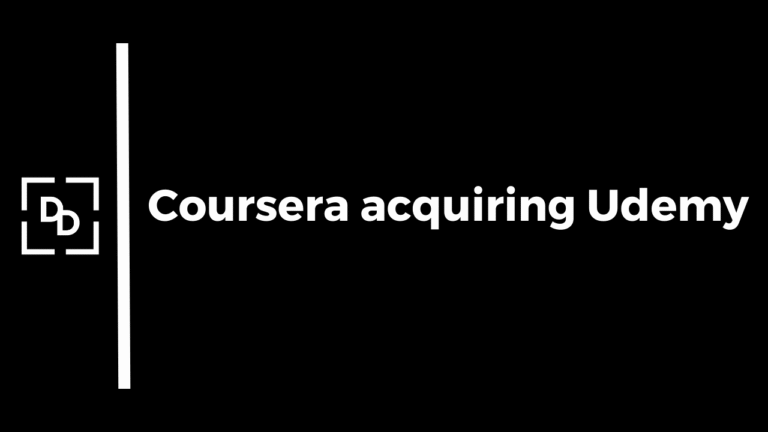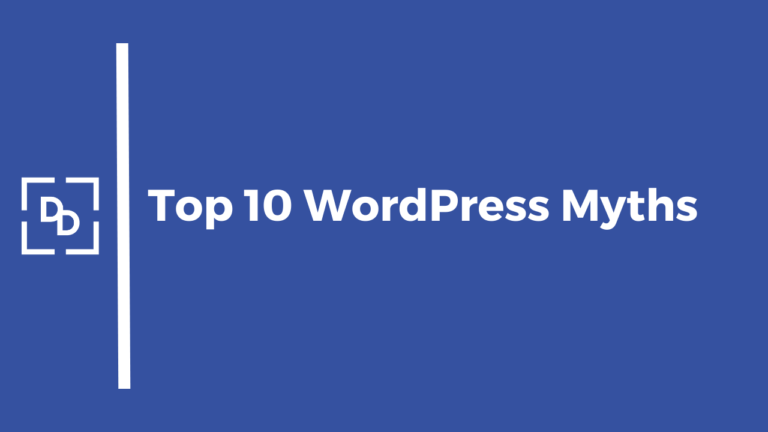Key Highlights
- Many people think WordPress is just a blogging tool, but it can build any kind of website
- A common misconception is that WordPress sites are not secure, but security often depends on user practices
- Contrary to belief, a WordPress site can be very fast with the right optimizations
- You don’t need to be a coding expert to build a beautiful website with WordPress
- WordPress is highly scalable and can support large, high-traffic websites for growing businesses
- While caution is needed, not all WordPress plugins are unsafe; many are reliable and enhance your site
Introduction
WordPress is the most popular content management system in the world, powering around 43%-44% websites globally.
Despite its widespread use, there’s a lot of confusing information out there. Many of these myths can stop you from choosing the best platform for your needs. If you’ve heard that WordPress is just a simple blogging platform or that it isn’t secure, it’s time to set the record straight.
In this article, we will take a look at the truth behind these claims.
10 Common WordPress Myths Vs. Reality
Misinformation about WordPress can be confusing, especially for new users. These common WordPress myths often come from outdated information or a simple lack of knowledge about what the platform can really do.
Let’s clear the air and explore the reality behind the 10 most common WordPress myths. Understanding the facts will help you see why so many WordPress users trust this powerful tool for their websites:
1. Myth: WordPress is suitable only for blogging
One of the oldest myths is that WordPress is just a blogging tool. While it started as a platform for blogs, it has grown into a powerful and flexible website builder capable of creating many different types of websites.
Today, you can use WordPress to build everything from a corporate site for a large company to a full-featured online store. Major brands, universities, and even governments rely on a WordPress site for their online presence, proving it’s much more than just for blogging.
Whether you want to create a membership site, an online marketplace, or a small business website, WordPress has the tools to make it happen. It’s a complete content management system, not just a simple blogging platform.
2. Myth: WordPress Website Are Intrinsically Insecure
You might have heard that WordPress has weak security, but this is a major misconception. The core WordPress software is very secure and is constantly updated by a dedicated team of developers who work to find and fix any potential security concerns.
Most security issues on WordPress sites don’t come from the platform itself. Instead, they are often caused by user error. Things like using weak or easy-to-guess passwords, not updating plugins and themes, or choosing poor-quality hosting are the real culprits.
By following some simple security best practices, you can make your site incredibly safe. These steps include:
- Using strong passwords that are hard to crack.
- Keeping your WordPress core, themes, and plugins updated.
- Choosing a reliable hosting provider with good security features.
3. Myth: WordPress Sites Run Slowly and Have Poor Performance
Another common myth is that a WordPress site is naturally slow. Poor performance is not a problem with WordPress itself but is usually related to how the site is set up and managed. A slow website can harm the user experience, but you have full control over your site’s speed.
Many factors can affect your site’s performance, including your hosting plan, oversized images, and poorly coded plugins. The good news is that these are all fixable. With the right performance enhancements, your WordPress site can be lightning-fast.
To optimize your site for speed, you can:
- Choose a high-quality hosting provider.
- Use a caching plugin to store temporary data.
- Optimize your images to reduce their file size.
- Use a lightweight theme.
4. Myth: You Must Be a Coder to Use WordPress Effectively
Many potential WordPress users worry they need to be a programmer to build a website. This is simply not true. WordPress is designed to be incredibly user-friendly, even for absolute beginners who have never written a line of code.
Thanks to its intuitive interface, you can create pages, write content, and customize your site’s appearance without any technical skills. Page builder plugins offer simple drag-and-drop tools that let you design completely custom layouts with ease.
While developers can certainly use their coding skills to extend WordPress with custom features, it’s not a requirement for most WordPress users. You can build and manage a professional-looking website without ever touching the WordPress Codex or learning best programming practices.
5. Myth: WordPress Is Not Scalable for Growing Businesses
Some business owners fear that WordPress can’t handle their website as it grows. The idea that it’s not scalable for websites with high traffic is a persistent myth. In reality, WordPress is used by some of the biggest and busiest websites in the world, including TechCrunch and The New Yorker.
Because WordPress is a self-hosted platform, you are in control of its resources. As your website traffic increases, you can easily upgrade your hosting plan to handle the load. This makes WordPress a highly scalable solution for growing businesses.
If you don’t want to manage the technical side of scaling, you can work with a managed WordPress hosting provider or a WordPress development agency. They can take care of all the performance and server management for you, ensuring your site remains fast and reliable.
6. Myth: All WordPress Plugins Are Unreliable or Unsafe
With thousands of WordPress plugins available, it’s easy to worry that many of them are unsafe or will break your site. While it’s true that some poorly coded plugins exist, it’s a myth that all of them are unreliable. The key is to choose your plugins wisely.
A vast number of plugins are developed by reputable companies and are regularly updated, secure, and well-supported. Following a few best security practices can help you avoid problems and ensure you only add high-quality plugins to your site.
When choosing a plugin, here’s what to look for:
- Check the number of active installations and user reviews.
- See when it was last updated to ensure it’s actively maintained.
- Download plugins only from the official WordPress.org repository or trusted developers.
- Install a good security plugin to monitor your site.
What is a CMS & what the types of CMS available
7. Myth: WordPress Is Free
One of the most appealing things about WordPress is that it’s free software. However, this often leads to the misconception that building a WordPress site costs nothing at all. While the core WordPress software is free to download and use, there are other essential costs involved.
To get your WordPress site online, you will need to pay for two things: a domain name and web hosting. Your domain name is your website’s address on the internet (like google.com), and hosting is the service that stores your website’s files and makes them accessible to visitors.
While there are initial costs, a WordPress site is often more affordable in the long run compared to other platforms that charge monthly fees or take a percentage of your sales. You have the freedom to choose a domain name and hosting plan that fits your budget.
8. Myth: WordPress Can Only Be Used for Simple Websites
Some people believe that WordPress is only good for basic websites and can’t handle complex projects. This myth likely comes from its ease of use, which makes people assume it’s not powerful. However, the opposite is true; WordPress’s flexibility is one of its greatest strengths.
You can use WordPress to build highly complex and feature-rich websites. This includes large ecommerce websites that handle thousands of products, membership sites with protected content, and online learning platforms with courses and quizzes. The possibilities are nearly endless.
With a vast library of plugins and the ability to add custom code, web development professionals can extend WordPress to do almost anything. It’s a robust platform that can power anything from a simple portfolio to a complex enterprise-level solution.
9. Myth: WordPress Sites Are Difficult to Maintain
The idea that a WordPress site is hard to maintain can be intimidating for beginners. People worry they won’t have the support they need if something goes wrong. In reality, WordPress has one of the largest and most helpful support communities in the world.
Because so many people use WordPress, there is a ton of free help available. The official WordPress.org support forum is a great place to ask questions and get answers from fellow users and experts. There are also thousands of free tutorials, guides, and videos online to help you.
Basic maintenance tasks, like updating plugins, themes, and the WordPress core, can be done with just a few clicks from your dashboard. While advanced website design changes might require more knowledge, day-to-day management is straightforward for most users.
10. Myth: WordPress Offers Limited Customization Options
A common but incorrect belief is that all WordPress websites look the same. This myth suggests that the platform has limited customization options, forcing you into a generic design. The truth is, your WordPress site can look exactly how you want it to.
The visual appearance of your site is controlled by WordPress themes, and there are thousands of them available. You can find free and premium themes designed for every type of website imaginable. Many of these themes come with their own customization options, allowing you to change colors, fonts, and layouts.
For even more control, you can:
- Use a page builder plugin to create custom designs with a drag-and-drop interface.
- Add advanced features and functionality with countless available plugins.
- Hire a developer to create a completely custom theme from scratch.
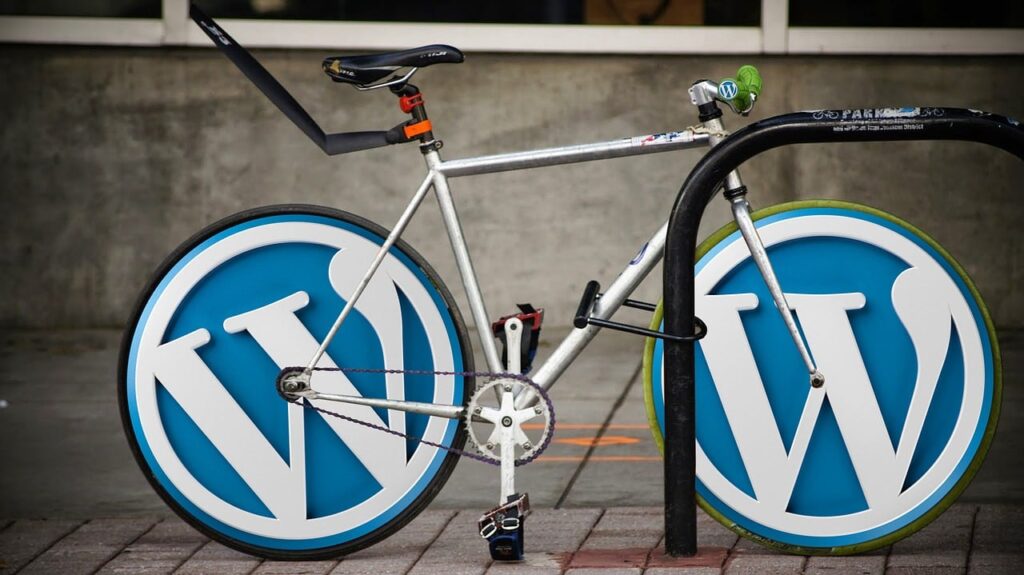
Exploring Realities Behind WordPress Myths
Now that we’ve addressed the most frequent WordPress myths, let’s take a closer look at the facts. Dispelling these falsehoods is key to understanding why this content management system is so trusted by millions around the globe.
WordPress Powers Diverse Types of Websites Beyond Blogs
One of the most common misconceptions is that WordPress is just for blogs. This couldn’t be further from the truth. The platform’s flexibility allows it to power all different types of websites, from simple personal pages to complex corporate portals.
Major global brands like Sony Music and The Walt Disney Company use a WordPress site, which shows its capability far beyond blogging. The platform’s vast ecosystem of themes and plugins makes it easy to add any functionality you need, whether it’s for selling products or showcasing a portfolio.
Here are few examples of the kinds of websites you can build using WordPress:
Website Type | Description |
E-commerce Stores | Sell physical or digital products with plugins like WooCommerce. |
Business Websites | Create a professional online presence for your company. |
Portfolios | Showcase your creative work, from art to photography. |
News & Magazine Sites | Publish articles and manage content like a major media outlet. |
Membership Sites | Offer exclusive content to paying subscribers. |
Master Digital Marketing by signing up for our courses to grow your brand or career
Security Features & Best Practices For WordPress Sites
Worries about WordPress security often stop people from using the platform. However, WordPress itself is built with security in mind. The platform’s open-source nature means that many developers are constantly reviewing the code for vulnerabilities, making it strong and secure.
Most security problems are not caused by WordPress but by preventable user actions. Following a few best security practices can dramatically increase your site’s safety and protect it from common threats like malware and hacking attempts.
To keep your site secure, make sure you:
- Always use strong, unique passwords for all user accounts.
- Regularly update your WordPress core software, themes, and plugins.
- Install a reputable security plugin to monitor for threats and add a firewall.
Optimizing WordPress Performance For Speed
A fast website is crucial for a good user experience and can even impact your search engine rankings. The myth that WordPress sites are slow is false; performance is all about optimization. With the right tools and techniques, you can ensure your site loads quickly for every visitor.
Simple performance enhancements can make a huge difference. These practices reduce the load on your server and help your pages render faster in a visitor’s browser. Many SEO plugins also include features that can help improve your site’s speed.
Here are a few key steps to boost your site’s performance:
- Use a caching plugin to create static versions of your pages.
- Optimize your images by compressing them before uploading.
- Choose a reliable hosting provider that is optimized for WordPress.
Is WordPress Beginner-Friendly?
Is WordPress easy for beginners to use? Absolutely. The platform was designed from the ground up to provide a great user experience, even for those without any technical background. You don’t need to understand the WordPress Codex to get started.
The WordPress dashboard is clean and intuitive, making it simple to find your way around. You can easily create new posts and pages, upload media, and manage your site’s settings. If you ever get stuck, a massive amount of support is available.
The official WordPress support forum is filled with helpful community members ready to answer your questions. There are also countless blogs, video tutorials, and online courses dedicated to teaching you everything you need to know about using WordPress effectively.
WordPress Scalability
For business owners, scalability is a top concern when choosing a website platform. You need a solution that can grow with your business, from a small startup to a large enterprise. WordPress offers the flexibility and power to support this growth every step of the way.
With the help of skilled WordPress developers, you can build a site that handles increasing traffic and evolving business needs, making it an excellent long-term investment.
Let’s explore how WordPress supports large-scale operations.
Scaling WordPress For Large & High Traffic Websites
The belief that WordPress can’t handle high-traffic websites is one of the most damaging myths. Many large WordPress companies and media outlets, like BBC America, trust the platform to serve millions of visitors without issues. The key to scaling is having the right infrastructure.
The WordPress core itself is built to be efficient. However, as your site grows, you’ll need to ensure your hosting can keep up. A basic shared hosting plan that works for a small blog won’t be enough for a website with thousands of daily visitors.
To prepare your site for high traffic, you should:
- Invest in a managed WordPress hosting plan or a dedicated server.
- Use a Content Delivery Network (CDN) to distribute your content globally.
- Optimize your database to ensure queries run quickly.
WordPress For Ecommerce & Enterprise Solutions
WordPress is an incredibly powerful platform for e-commerce. Thanks to plugins like WooCommerce, you can transform your website into a fully functional online store capable of competing with major retail platforms. This makes it an ideal choice for businesses of any size.
You can sell anything, from physical products that require shipping to digital downloads like e-books or software. WordPress gives you complete control over your store, allowing you to customize the design, manage inventory, and process payments without paying high transaction fees.
This flexibility also makes WordPress a suitable option for enterprise solutions. Large businesses can leverage its open-source nature to build custom applications, integrate with existing systems, and create a scalable digital experience for their customers and employees. It is much more than a simple tool for an online store.
Conclusion
In summary, debunking the common myths surrounding WordPress can significantly enhance your understanding and confidence in using this powerful platform.
From its versatility in powering diverse websites to its robust security features and user-friendly interface, WordPress is much more than just a blogging tool.
Recognizing the realities will empower you to leverage its full potential for your business or personal projects. If you’re ready to dive deeper into the world of WordPress and transform your online presence, don’t hesitate to reach out for a free consultation.
Your journey to mastering WordPress starts today!
Subscribe to our Newsletter to stay updated on all news related to this topic. If you have any questions, email us at mail@digital-doorway.com
Looking to scale your Digital Marketing reach & presence.


